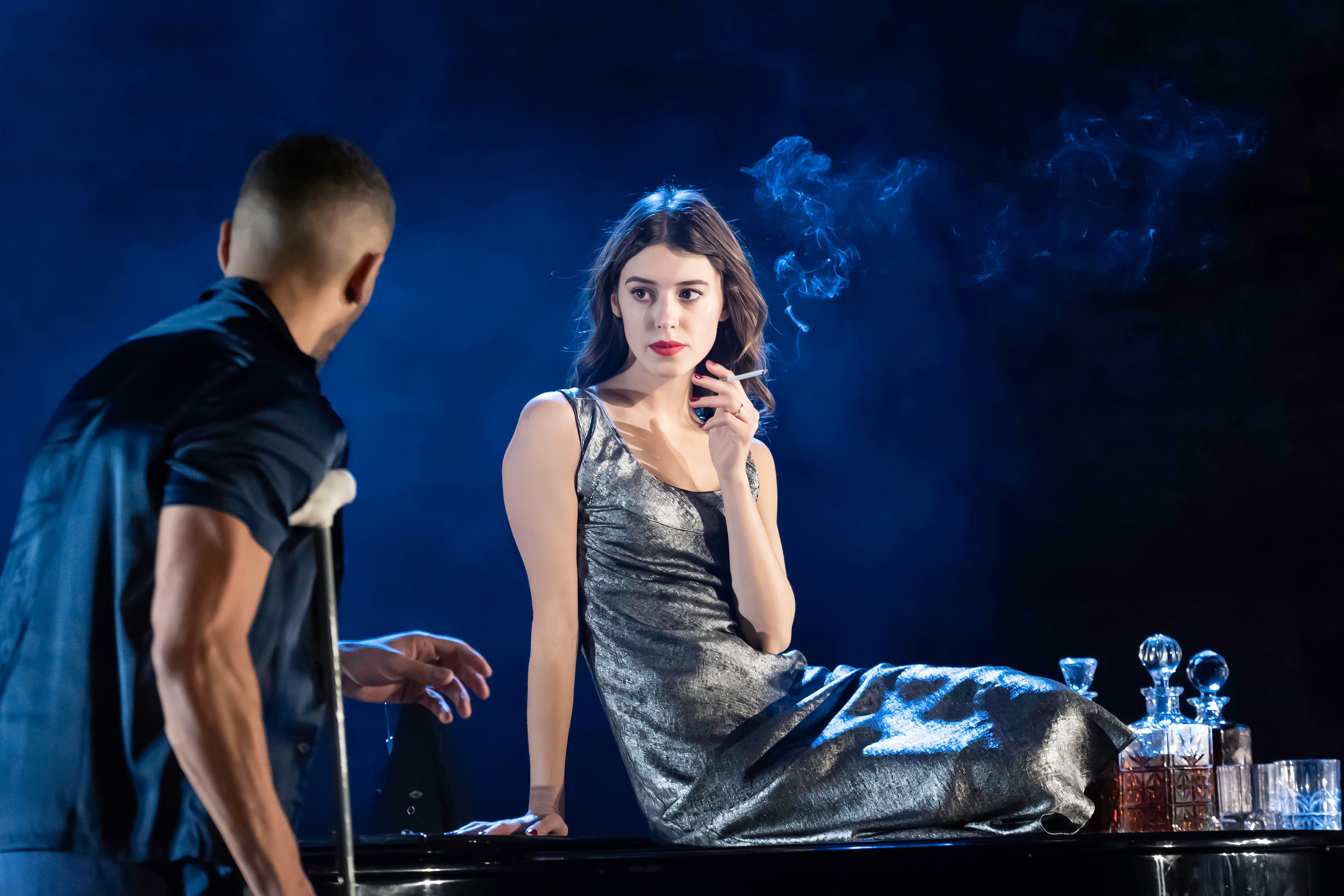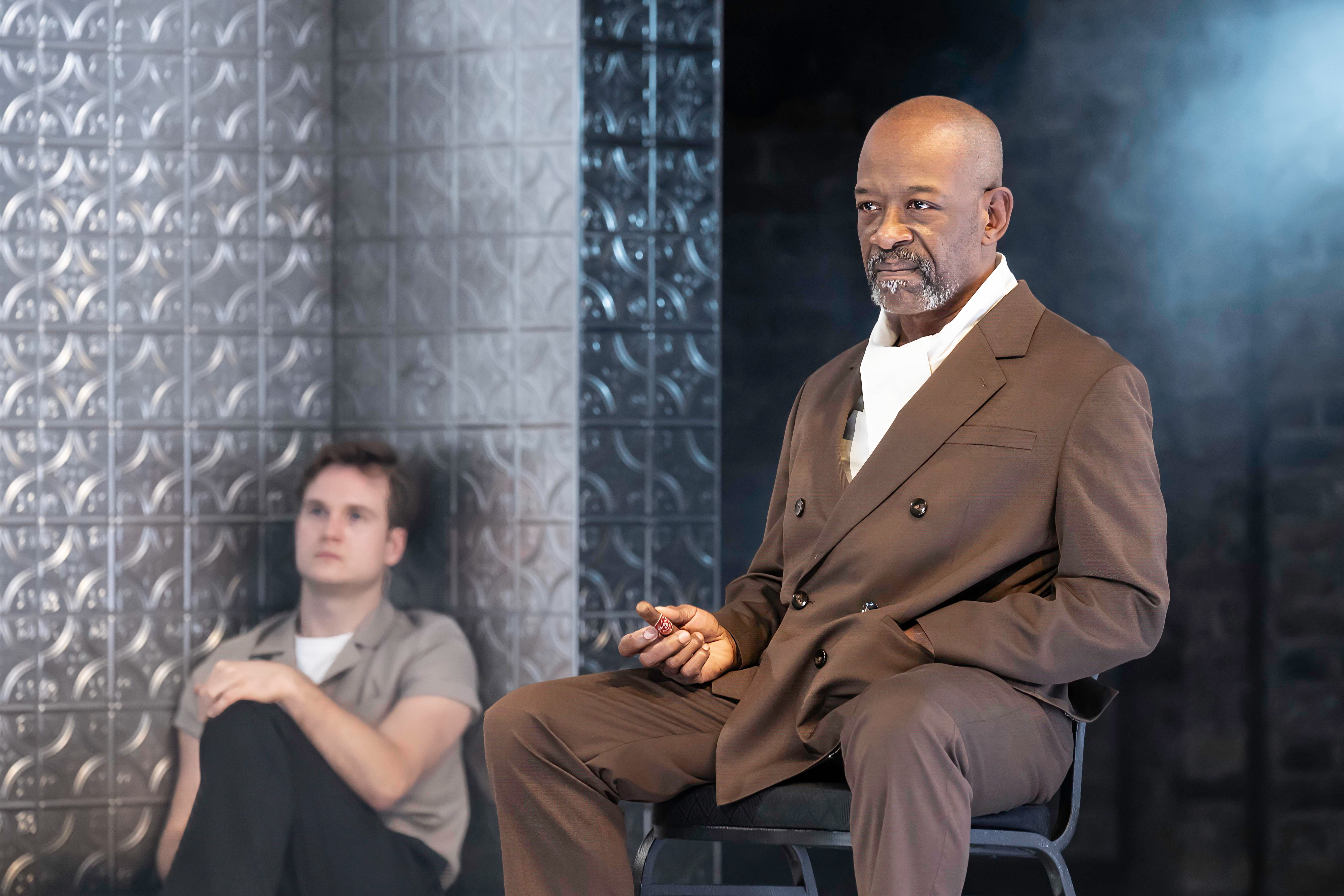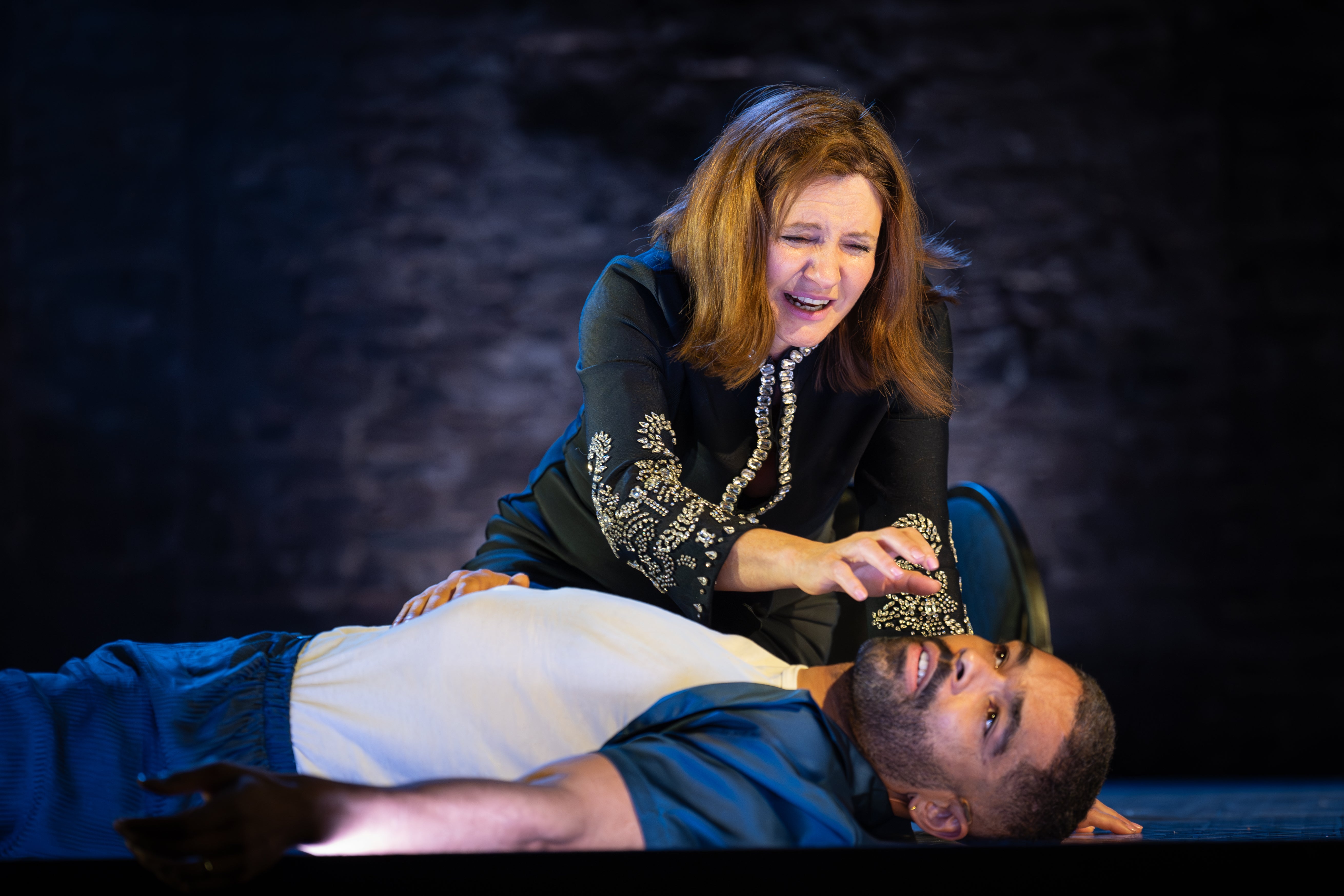Daisy Edgar-Jones fails to grasp the darkness and depth in Tennessee Williams revival
The star of ‘Normal People’ returns to the stage in ‘Cat on a Hot Tin Roof’, Tennessee Williams’s tale of two dysfunctional families – but Edgar-Jones’s Hollywood poise and an unbalanced plot means she fails to make an emotional impact

Tennessee Williams’s landmark play opens with a long, drawn-out howl of pain. Neglected, judged Maggie is clawing away at the family that won’t let her in – the unloving alcoholic husband, the aggressively smug sister-in-law, the patriarch who looks dangerously close to denying her the inheritance she craves. Here, Normal People star Daisy Edgar-Jones is too poised to draw us into caring about this unlikeable woman, twisting her beautifully dressed body into contortions her face can’t manage. But as it builds, Rebecca Frecknall’s star-filled staging finds a queer kind of power.
Frecknall’s previous takes on Williams’s plays (Summer and Smoke and A Streetcar Named Desire) were much-praised masterpieces of female subjectivity and neuroticism, with Patsy Ferran’s agile, highly strung charisma shining bright on hazy, dimly lit stages. So Edgar-Jones’s performance as Maggie feels disappointingly thin by comparison, lacking the darkness, weirdness and jarring humour of a woman whose rants consume the first act.

She’s fuming because her sister-in-law’s “no-neck monster” children have spoiled her lace dress at her father-in-law’s birthday party – but really, it’s her husband Brick (Kingsley Ben-Adir) she’s angry at, for despising her too much to get her pregnant. Ben-Adir broods at the front of the stage, so desperate to escape his overwrought wife that he slips into the audience, humming his own tuneless funeral dirge.
This staging’s emotional heart isn’t really Maggie – it’s him, and his inexpressible, terrifying grief for his lost football teammate Skipper. The queerness of Cat on a Hot Tin Roof has often been sublimated or toned down, especially when it premiered in the hypocritical 1950s, but it’s central here. A young man (Seb Carrington) sits at a grand piano on stage, playing discordant notes that tug Brick back into himself, into his memories – set against the glitter of designer Chloe Lamford’s silvery backdrop of embossed tin tiles, redolent of cheap American hotels and bars.
All this melancholy is leavened by the wittily drawn grotesques that make up Brick’s family: officious older brother Gooper (Guy Burgess) and hilariously smug, fawning, villainous Mae (Pearl Chanda), who coaches her kids into twee performances to win their grandfather’s favour. But it’s only when Brick is left alone with Lennie James’s towering Big Daddy that the production finally reaches its full force. James is awful and awe-inspiring at once as an ailing family patriarch who’s high on the drug of truth, yelling “crap!” at the relatives who think they can patronise and flatter their way into an inheritance.

With painstaking slowness, this father and son glue themselves together with their shared contempt for everyone else in a way that’s both beautiful and disconcerting. Beautiful, because Big Daddy never descends to the homophobic fury you’d fear, his hatred of “mendacity” becoming a tacit disapproval of the society that’s forced Brick to lead a double life. And disconcerting, because there’s something deeply misogynistic at this play’s core, in the way its men solidify their bond by trashing women who are too fat, too guache, too fertile.
Frecknall’s play runs long and slow at 180 minutes – and it feels unbalanced, too, with Maggie’s thin scenes outweighed by her husband’s bloated ones. If her previous stagings of Williams’s plays have centred on sisterhood, this is all about a booze-soaked brotherhood, one that’s mistakenly angry at women for wrongs they’ve done to themselves.



Join our commenting forum
Join thought-provoking conversations, follow other Independent readers and see their replies
0Comments